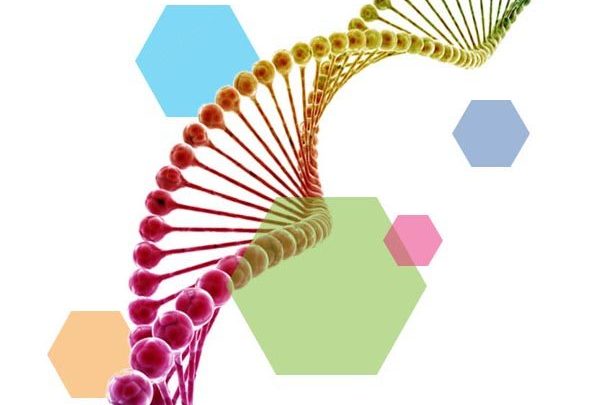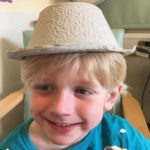GSD3 is an inherited disorder that causes a buildup of glycogen in certain organs and tissues – especially in the liver and muscles. It is caused by mutations in the AGL gene leading to a deficiency in the debrancher enzyme, key in the breakdown of glycogen. It is inherited in an autosomal recessive manner. Symptoms typically present in infancy, but may only occur in adulthood.
Children are often diagnosed because they have been noticed to have a swollen abdomen due to a very large liver. Patients may also have low blood sugar, a high level of fats in the blood and delayed growth. Symptoms related to liver disease and progressive cardiac and skeletal muscle involvement vary in age of onset, rate of disease progression and severity.
Individuals with GSD3 vary remarkably depending on which sub-type they have – 3a, 3b, 3c and 3d.
GSD 3a is the most common type (85%) and affects both the liver and (cardiac and skeletal) muscles. GSD 3b affects about 15% of individuals, and only affects the liver. GSD3c and 3d are extremely rare.

| Other names |
Cori or Forbes disease, GSDs 3a, 3b, 3c, and 3d |
| Affected |
GSD 3a and 3c liver and muscle, 3b and 3d liver only |
| Inheritance | Autosomal recessive |
| Incidence | Approx. 1 in 100,000 |
| UK diagnosed | About 150 (UK diagnosed explained) |
| Symptoms |
Enlarged liver and low blood sugar with fasting. Growth delayed during childhood. Muscle weakness and (3a only) cardiac involvement. |
| Secondary symptoms |
Hyperlipidaemia, osteoporosis and polycystic ovary syndrome. |
| Treatment | Regular feeding, sometimes including overnight. Management of associated symptoms. |
| Outlook | Variable depending on disease severity. |
How can we help?
Diagnosis & Follow up
Introduction, Diagnosis
Information & Support
Here for you, Coordinator, Publications, Social media
Activity & Exercise
Nothing available in this section yet
Research & Development
Research agenda, Current research, Joining a trial.
Read some personal stories
Do you have an interesting personal story to tell? Just message us or visit the Notes for contributors.




